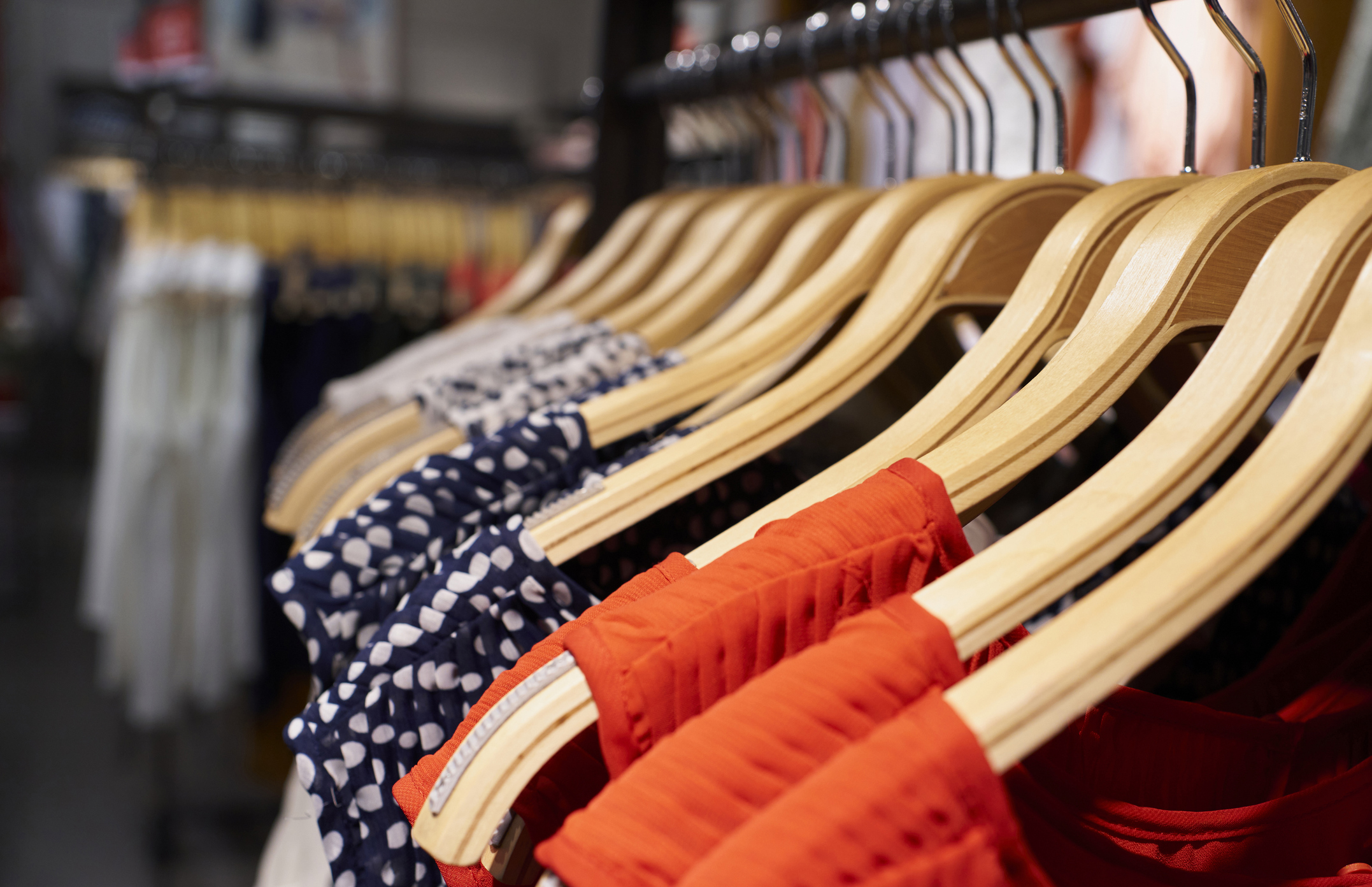
Millennial and Gen Z shoppers lack awareness of the environmental and social harm of fast fashion, says a Kwantlen Polytechnic University (KPU) researcher, who suggests education is needed to change consumer behaviour.
Dr. Yunzhijun Yu, a psychology instructor at KPU, conducted a trio of studies that shed light on the clothing consumption of young consumers and their understanding of fast fashion — a quick and inexpensive approach to making fashion trends available to consumers.

Published in Journal of Sustainable Marketing, "Mitigating Trendy Cheap Fast Fashion's Negative Impact," co-authored by Dr. Claudia L. Gomez-Borquez and Dr. Judith Lynne Zaichkowsky, the research article concludes the effects of fast fashion can’t be ignored, noting the industry produces more than it can sell and emits as much greenhouse gases as France, Germany, and the United Kingdom combined.
“Fast fashion is so cheap, sometimes a new T-shirt is cheaper than the price of a cup of coffee. It’s so easy to say I’m going to buy it, without realizing the cumulative effect of buying all of these things,” says Yu, who holds a doctorate in marketing and studies consumer behaviour.
“There’s no simple solution, but from the evidence we have collected we can see there is indeed a shift in intention, even though it’s not enough to change their behaviour. We think that educating consumers about fast fashion is definitely on the right track.”
Young adults are a magnet for fast fashion retailers, given tight budgets and susceptibility to compulsive buying behaviour. But that comes at a cost: the textile dyeing industry is the second largest polluter of the world’s clean water and creates millions of tons of waste each year, researchers note.
Researchers asked 104 undergraduate students questions to assess attitude, behaviour, and knowledge of fast fashion, and later repeated the study with a different set of students. Investigating if consumption habits might be changed through education, researchers also engaged with a class of 30 students enrolled in a consumer behaviour course.
They found Gen Z and Millennial students care about sustainability, but lack awareness of the environmental and social impacts of fast fashion. They also found some indication that education might shift young consumers’ purchases from quantity to quality, but concluded that may be “a slow, difficult task.”
The research evidence suggests there is a tendency for young consumers to put limited thought into what they’re buying when it comes to fast fashion. Lured not only by budget-friendly prices, young consumers are also drawn to fast fashion’s ability to help establish their identity and sense of self.
For a third study, researchers collected data from the second-hand clothing market, finding little demand for reselling used fast fashion due to its initial low price. Thrift stores do offer consumers a chance to buy low-cost unique items and save them from the landfill, but some buyers simply use these outlets to find garments to resell at a higher price elsewhere.

“Disappointingly we found that fast fashion is just so cheap, it’s not even attractive for people to think about bringing fast fashion clothing to second-hand markets. It’s very concerning that the fast fashion industry is so different from traditional clothing,” says Yu.
Instead of getting a new life in thrift stores, fast fashion often ends up in the garbage or sent to developing countries where they have a detrimental effect on local clothing industries.
Although creating change through education efforts is key, Yu says consumers should also consider their own shopping behaviour. With the growing comfort level of shopping online, many young consumers have come to accept buying clothes without trying them on. The effect is some clothes end up in closets without ever being worn.
“There is room for us to educate consumers about the importance of responsible shopping by just putting in a little bit of effort: try clothes on, make sure they actually fit, and really ask yourself do I actually need it,” says Yu.